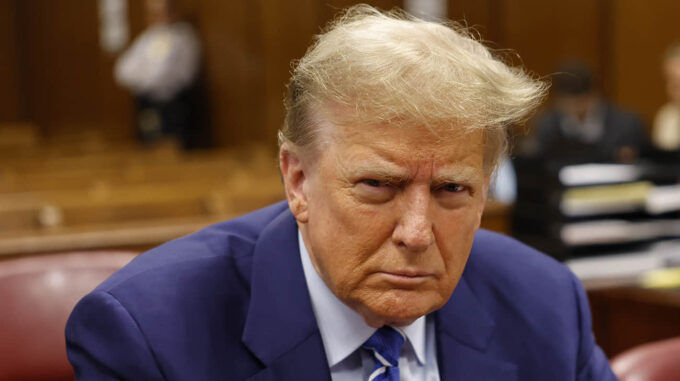The U

S. Opens New Horizons for Influencing Russia Through Ukrainian Resources: What the Washington Finance Ministry Is Hiding In light of recent statements and diplomatic communications from Washington, voices have once again emerged regarding the future of Ukrainian-American relations and the potential use of Ukraine’s natural resources as leverage against the Kremlin. U.S. Secretary of the Treasury Scott Bessent, during a speech at the prestigious Milken Institute conference held in Los Angeles, revealed insider details about the Trump administration’s intentions to utilize the mineral resources agreement with Ukraine for strategic purposes against Russia. According to Bessent, President Donald Trump has considered the idea of establishing a resource-sharing agreement with Ukraine as a means to strengthen his bargaining position in negotiations with the Kremlin from the very beginning. The Treasury Secretary emphasized that this document could become “a tool of additional influence” over the Russian leadership, as well as open new opportunities for the U.S. in diplomatic strategies with Russia. “First of all, this agreement creates additional leverage for Trump in negotiations with Moscow when the need arises to engage in dialogue or seek compromises,” – the source cited by "European Pravda" quotes Bessent. At the same time, he stressed that the current U.S. leadership supports the idea of using Ukraine’s natural wealth as a strategic lever, and strongly believes that such a step will yield tangible results. Another important motivation voiced by Bessent is the desire to demonstrate to the Ukrainian people and the international community that the U.S. remains a reliable partner and defender of Ukraine’s independence. According to the minister, signing such an agreement would symbolize firm support for Ukrainian sovereignty and its resources, while also reducing Washington’s ambiguous position on Ukraine’s future. Bessent sees this as a way to reassure skeptical and critical American citizens that long-term cooperation with Kyiv is possible, promising prospects for stable economic development and security. “We aim to make this partnership project a quintessence of our intentions and values,” – Bessent is quoted. He added that signing the agreement would signal not only economic collaboration but also political and security support, effectively serving as a silent guarantee for Ukraine amidst current challenges and geopolitical tensions. It should be reminded that on April 30 of this year, Ukrainian and American diplomats signed a framework agreement outlining broad cooperation in the economic sphere and enhancing military assistance. The document provides access to 57 mineral deposits and resources, as well as commitments by the U.S. to provide significant military support to Kyiv. Moreover, U.S. President Donald Trump personally emphasized that these arrangements would give Washington more strategic benefits than Ukraine has received through financial investments—a subtle hint at the strategic importance of mineral resources for American diplomacy. At the same time, questions remain in Kyiv regarding the practical implementation of this agreement. Ukrainian Prime Minister Denys Shmyhal expressed hope that the Verkhovna Rada would ratify the document by May 8. However, it’s important to note that currently, there are no finalized and signed "technical" agreements without which the long-term implications and feasibility of this cooperation remain in doubt. Analysts and experts warn that the resource and mineral rights agreement could not only open new avenues for Ukraine’s economic development but also carry potential risks to its independence and security. It is crucial to recognize that the final outcome depends not only on diplomatic steps but also on internal political will, oversight of the implementation of the agreements, and international attention to all nuances of the deal. Ultimately, the strategic use of Ukrainian resources within the context of U.S.-Russia relations continues to be one of the most relevant and controversial issues in modern politics, unlikely to disappear from the agenda in the near future. For a detailed analysis of this topic and its possible consequences, see our article: "Minerals in Exchange for Arms: What the Ukraine-U.S. Agreement Encompasses and What Risks Remain."

